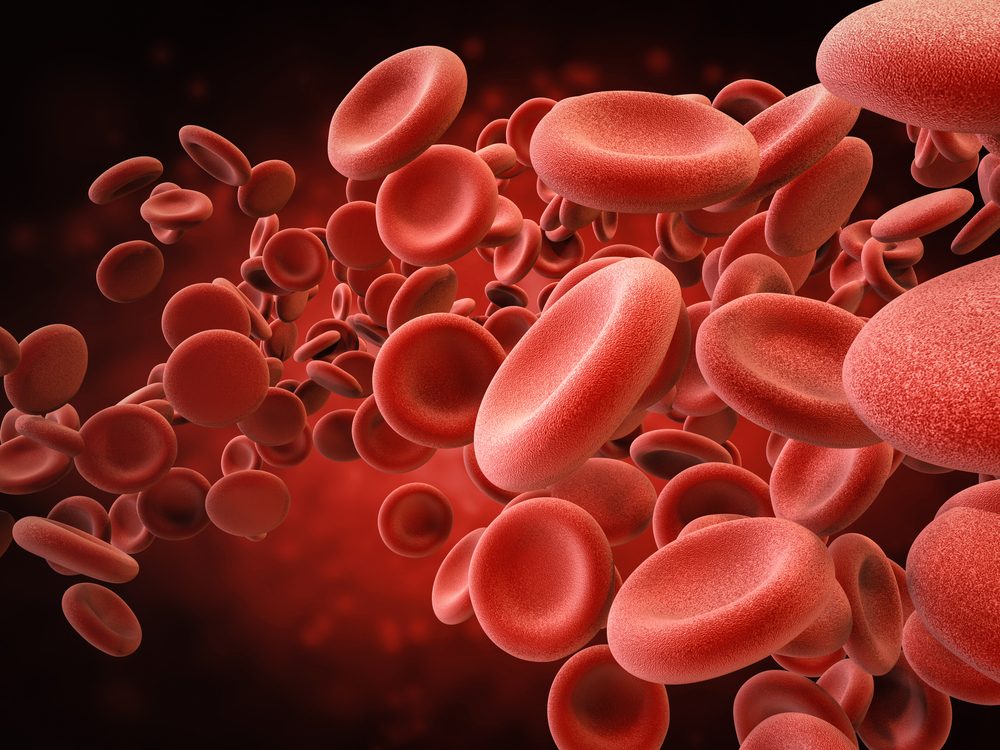Researchers Caution Against Early Immunosuppressant Reduction After Starting Soliris
Written by |

Von Phonlamai Photo/Shutterstock
Early reduction of steroid and immunosuppressant therapy during Soliris (eculizumab) treatment to alleviate myasthenia gravis (MG) symptoms may result in disease aggravation and pure red cell aplasia (PRCA), according to a Japanese case study.
PRCA is a form of anemia characterized by a depletion of red blood cells and red blood cell precursors in the bone marrow.
“We suggest that physicians should not reduce [prednisolone] and immunosuppressants quickly after eculizumab administration,” the researchers wrote.
The study, “Pure red cell aplasia and re‐aggravation of myasthenia gravis due to early reduction of steroid and immunosuppressant after starting eculizumab: A case report,” was published in the journal Clinical and Experimental Neuroimmunology.
MG is characterized by production of autoantibodies that attack the neuromuscular junctions, the sites where nerves connect and communicate with muscles. Most commonly, these autoantibodies target the acetylcholine receptors (AChRs), which are critical to the function of neuromuscular junctions.
Soliris, developed by Alexion Pharmaceuticals, works by blocking the damaging immune response, and specifically the immune complement pathway, to reduce disease severity. Additional treatments for MG include steroids, such as prednisolone, and immunosuppressants.
The case report describes a 78-year-old woman with MG treated with Soliris, whose symptoms were reaggravated after a reduction of prednisolone and the immunosuppressant tacrolimus, ultimately leading to PRCA.
Five years prior, the patient was diagnosed with MG with a thymus tumor (thymoma) when she was hospitalized for dysarthria, a speech disorder caused by weak muscles. After undergoing a thymectomy (the removal of the thymus gland) she began treatment with 20 mg/day of prednisolone and 3 mg/day of tacrolimus. Three months into treatment, prednisolone was decreased to 10 mg/day.
Four years later, the patient underwent breast reconstruction surgery for breast cancer. The following year, at age 78, she again developed dysarthria while also showing difficulty swallowing. Her prednisolone dose was increased to 15 mg/day and supplemented with intravenous immunoglobulin at 400 mg/kg per day for five days and 500 mg/day of the corticosteroid methylprednisolone.
The patient developed severe respiratory failure, requiring mechanical ventilation. Despite treatment with plasma exchange and immunoabsorption, her symptoms persisted. (Immunoabsorption is a procedure to remove specific antibodies from the blood.)
Solaris was initiated at 900 mg/week for four weeks, and 1,200 mg biweekly thereafter.
Within three days, her dysarthria and difficulty swallowing had eased. Her muscle weakness, assessed by Quantitative MG (QMG) score, improved from most severe (26) to 10. Likewise, the impact of MG on her daily activities (measured with the MG-ADL scale) decreased from 15 to 1.
Three weeks after Soliris treatment was started, her doses of prednisolone and tacrolimus were reduced (prednisolone to 7.5 mg/day and tacrolimus to 1 mg/day) to avoid infection related to a planned replacement of breast implants. One month later, the patient’s MG symptoms re-emerged, characterized by cervical muscle weakness, elevated anti-AChR autoantibody levels, and increased QMG and MG-ADL scores.
Blood tests revealed a low red blood cell count and hemoglobin level (7.8 g/dL, normal range in women 12.0 to 15.5 g/dL) along with a high mean corpuscular volume, which is a sign of enlarged red blood cells. A week into hospitalization, her dose of prednisolone was increased to 15 mg/day and that of tacrolimus to 3 mg/day. The patient’s muscle symptoms and anemia eased, and her anti-AChR autoantibody level dropped.
She was diagnosed with PRCA one week later after a bone marrow sample revealed depleted red blood cell precursors. She was subsequently switched from tacrolimus to cyclosporine at 3 mg/kg, which further reduced her anemia.
“The present patient developed PRCA after reducing [prednisolone and tacrolimus] under the administration of eculizumab,” the research team wrote.
Because Soliris suppresses the immune complement pathway, the investigators suggest that “autoimmune mechanisms other than the complement-mediated mechanism could have been involved in the development of PRCA.”



Leave a comment
Fill in the required fields to post. Your email address will not be published.